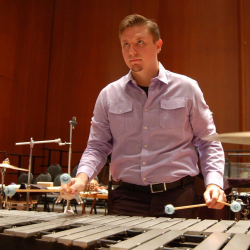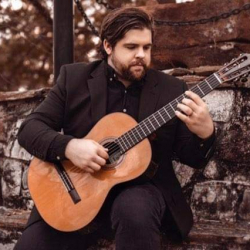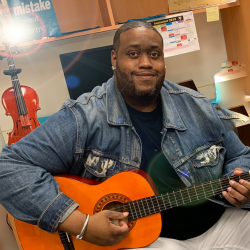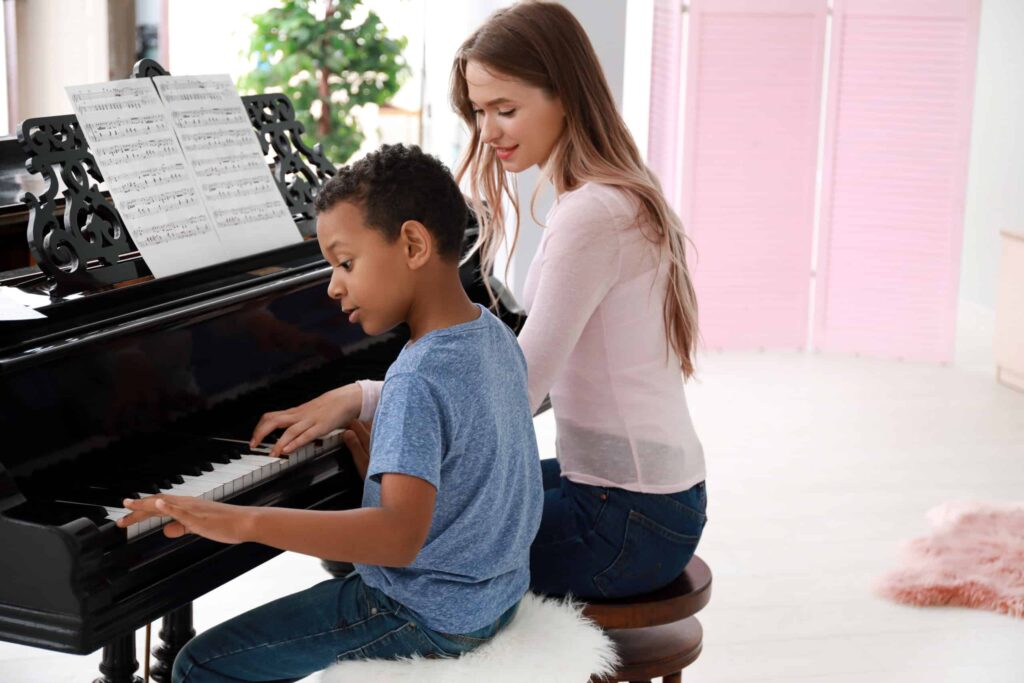Houston Drum Lessons In The Comfort Of Your Home
- No fighting traffic, we come to you!
- Lessons offered 9am-9pm, 7 days a week
- Experienced, knowledgeable, passionate teachers
- Lessons for all ages and skill levels
- 30-60 minutes sessions
- Your availability is our priority
- Free recitals
You know it’s time to get the children started with in-home private music lessons. Maybe the lessons are for you, how about the whole family? You’re smart enough to know that music lessons are important but what about finding a teacher? Do you call a music store? Will their teacher be right for you? Then there’s the getting there; the traffic, hauling the kids back and forth, what about dinner? Yeah – Right! Like that’s going to happen. You don’t need lessons with just any ol’ teacher, especially a task master, intimidating, practice demanding monster that bores students. What you’re looking for is an engaged, fun, well-educated, motivational, big smiling and super excited personality that loves teaching Music. A teacher who makes lessons fun. You already know what you need. You need Lessons in Your Home-the music teachers who come to your home or school to teach fun, private music lessons. Their teachers constantly think of great ways to motivate every student. They turn students into dazzling musicians ready to break out a song and share their talents with the world. Now you’re saying “Hey, this could work” Lessons in your Home teaches piano, guitar, voice, violin, in fact they teach every music instrument you could think of. Getting started is as easy as 1,2,3.
- Give Lessons in your home a call or email
- They’ll ask important questions about each student ensuring a teacher that’s best for you
- Schedule and start your lessons. What are you waiting for? Start Lessons now with Lessons in Your Home!
Want to learn how to rock and roll, but don’t want to fight the city rush after a long day? Our world-class drum teachers are ready to bring their knowledge right to your home!
We offer:
- Lessons for 30-60 minutes
- Scheduling flexibility, with classes offered anytime between 9 am and 9 pm, seven days a week
- Lessons for a variety of ages and all levels of experience
- Free recitals and performances, allowing you to display what you’ve learned
Get Private Drum Lessons Across Houston With Our World-Class Drum Teachers
Our teachers are unique in that they can enter any environment and bring absolute excellence, no matter what. Their flexibility, experience, and training offer a unique skill set to anyone who chooses to learn from them. Lessons In Your Home drum teachers are fun-loving, family-oriented, and passionate about sharing their rhythm and energy with new drummers.
When you call Lessons In Your Home…
1

After answering any questions you might have, we’ll pair you with a local teacher that best matches your age, schedule, skill level, and goals.
2

… and then we’ll schedule your first month of lessons!
3

First Lesson Guarantee — If you don’t LOVE your first lesson we can pair you with a teacher that better fits your situation. Or you can even cancel and pay us nothing.
Ready To Learn the Drums? All Ages Are Welcome!
Our teachers are firm believers that drumming is a skill that all ages can (and should) learn! They are ready to provide in-home drum lessons to your children, elderly parents, teenagers, or anyone in between!
What To Expect When Joining Our Houston Drum Lessons
At Lessons In Your Home, we are patient, respectful, accommodating, and encouraging in our approach to in-home Houston drum lessons. You can expect a thorough consultation followed by a personalized plan of action and match to a best-fitting instructor who will provide drum lessons in your own home. You can expect rapid skill development during the time you spend taking drum lessons. We are always available for feedback and ready to assess any additional goals that come up along the way. Most importantly, we understand that this is your personal musical journey, and we look forward to helping you navigate it.
What Makes Lessons In Your Home the Best Choice for Houston Drum Lessons?
At Lessons In Your Home, teachers offer a fun, lighthearted, and unique approach to drum lessons that match your goals and personality. Our process is designed to be exciting and accessible to all ages, and our instructors are passionate about building uplifting rapport with their students. Get started on your in-home drum lessons today with a Houston instructor!
Frequently Asked Questions About Houston Drum Lessons
We offer in-home drum lessons in the greater Houston area, as well as Dallas–another Texas hub.
We strive to make our services affordable. Costs may vary depending on the experience and expertise of your specific instructor.
Lessons In Your Home has been a leader in providing private music instruction since 1997. We offer participating schools classes during the day, or after-school programs. Download our Music In Your Schools Brochure for more information.
Lessons can be scheduled anytime between 9 am and 9pm, 7 days a week. Our instructors know that life can be busy, especially with children’s activities, and your availability will always be a priority.
Give us a call today, or contact us online to be matched with a local instructor.
It is entirely possible to learn the drums within a six-month time frame, especially if you are dedicated to weekly lessons and engaged in practice. Our teachers can help you design a plan that works for your timeline goals.
We understand that learning to play the drums comes with some hesitation about unpleasant noise, and we want to assure you that while the loudness may be a part of the process, there are ways to mitigate disturbances to family members or neighbors. Our instructors can assist you in choosing an electric drum set that is right for you, offer suggestions when it comes to soundproofing a room, or you may choose to add mesh drum heads or substitute regular cymbals for low-volume alternatives like rubber cymbals. Rest assured that noise control IS possible, even while you learn!
Lessons In Your Home Houston, TX Neighborhoods We Serve
Our National Locations
All Popular Instrument Lessons:
We have experienced local teachers for any instrument you can think of
- Accordion
- Banjo
- Baritone
- Bass
- Bass Guitar
- Bassoon
- Brass
- Cello
- Chorus
- Clarinet
- Composition
- Drums
- Euphonium
- Fiddle
- Flute
- French Horn
- Guitar
- Harmonica
- Horns
- Little Music Makers
- Mandolin
- Mellophone
- Music Education
- Music In Your School Specialist
- Music Production
- Music Theory
- Music Therapy
- Oboe
- Organ
- Percussion
- Piano
- Recorder
- Saxophone
- Singing
- Strings
- Trombone
- Trumpet
- Tuba
- Ukulele
- Viola
- Violin
- Voice
- Woodwinds









